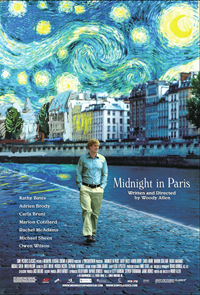Anton Chekhov’s The Duel

Russian writer Anton Chekhov is often hailed as one of the greatest writers of the twentieth century. In his brief, prolific career, Chekhov was known for writing short stories and plays, even though he practiced medicine throughout his professional career. Released in 2010, Dover Kosashvili’s “Anton Chekhov’s The Duel” is an adaptation of Chekhov’s novella that was initially shown as part of a touring European film festival. The film received generally positive reviews in the art-house circuit. Kosashvili, who is well known for the critically acclaimed “Late Marriage” (2001) beautifully creates a period drama, reminiscent of a Merchant-Ivory production. We meet three principal characters in film, whose lives are inexorably connected to each other by unusual circumstances. Laevsky (Andrew Scott) is a Russian aristocrat employed by the Russian Civil Service. He now lives with his mistress, Nada (Fiona Glascott), who is apparently another man’s wife. It is revealed that Laevsky sedu

